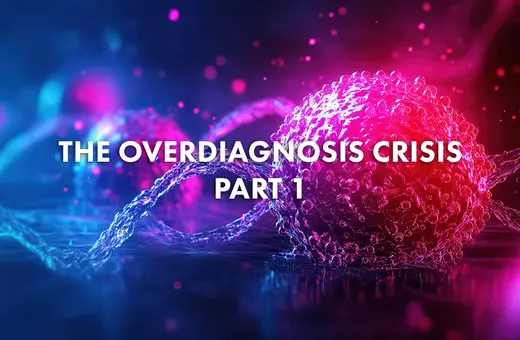Philosopher Havi Carel, influenced by the subject-object problem, argues that serious illness poses a challenge in verbal expression due to its complex nature. This article explores the ineffability of illness, delving into the hurdles in articulating experiences seen as too traumatic or isolating. Carel challenges the societal norm of sharing, proposing a 'right to silence.' Examining the varying degrees of ineffability and isolating nature of illness, Carel advocates for the inclusion of patient views as valuable sources of information to enhance our understanding of illness, instead of viewing patients as merely objects to be studied.
Serious illness is demanding. It is hard to be ill, feel pain and fatigue, worry about one’s future, and dread further decline and sometimes dying. This subjective experience is core to being ill and requires attention, care, and understanding. When we are ill, we feel ill and this feeling, and its myriad ways, has been the focus of my research for many years. I believe that we ought to take the experience of illness as a serious topic of study and ought to make its significance a basic premise in planning and providing healthcare.
Like most existentially tough experiences, the experience of illness is difficult to speak about. Speaking of dashed hopes, a dreaded future, and present pain makes them more real, and hence more painful. In these situations, ill persons may prefer to share little or even to remain silent.
___
Sometimes illness feels impossible to describe and talk about.
___
However, we are often admonished to speak about what ails us, to articulate our painful thoughts and experiences, to ‘let it out’, ‘unburden ourselves’, and ‘share’. It is a home truth that speaking about painful things can be therapeutic, healthy, good for us, relieving us of the burden of unshared fears and worries.
SUGGESTED VIEWING Beyond Mad or Bad With Mark Salter, Simon Wessely, Sara Evans-Lacko, Stefan Priebe
But is speaking difficult emotions and thoughts necessarily beneficial? Philosophers Dan Degerman and Francesca Bellazzi think not and defend a ‘right to silence’. But even if I were convinced of the benefits of speaking, and did want to describe my experiences, a further problem arises: sometimes illness feels impossible to describe and talk about. We can call this the ‘ineffability of illness’.
‘Ineffable’ could mean something that cannot be described at all. Or something that can be described but only in ways that fall short of a full account. Or something that can be described but only in its superficial aspects. And there may be further meanings. It is often presumed that illness experiences are either deeply ineffable or contain elements that are incommunicable.
There are several reasons for this claim. First, some argue that illness experiences are too difficult or traumatic to be articulated in a coherent way; that like all traumatic experiences, illness is too all-consuming and saddening, to the point that talking about it becomes impossible. We can call this reason the unspeakable trauma reason.
A second reason for the ineffability of illness is that the bodily and mental experiences of illness are too extreme to be shareable, lying outside the familiar spectrum of embodied experience. Take the experience of waking up in intensive care after major surgery; or of hearing voices that only exist inside your head; or of giving birth. It may be that some experiences are so wildly different to most people’s everyday life, and so extreme in their transgressive and uncanny nature, that they simply lie beyond our shared language and concepts. We can call this the extreme experience reason.
___






















Join the conversation